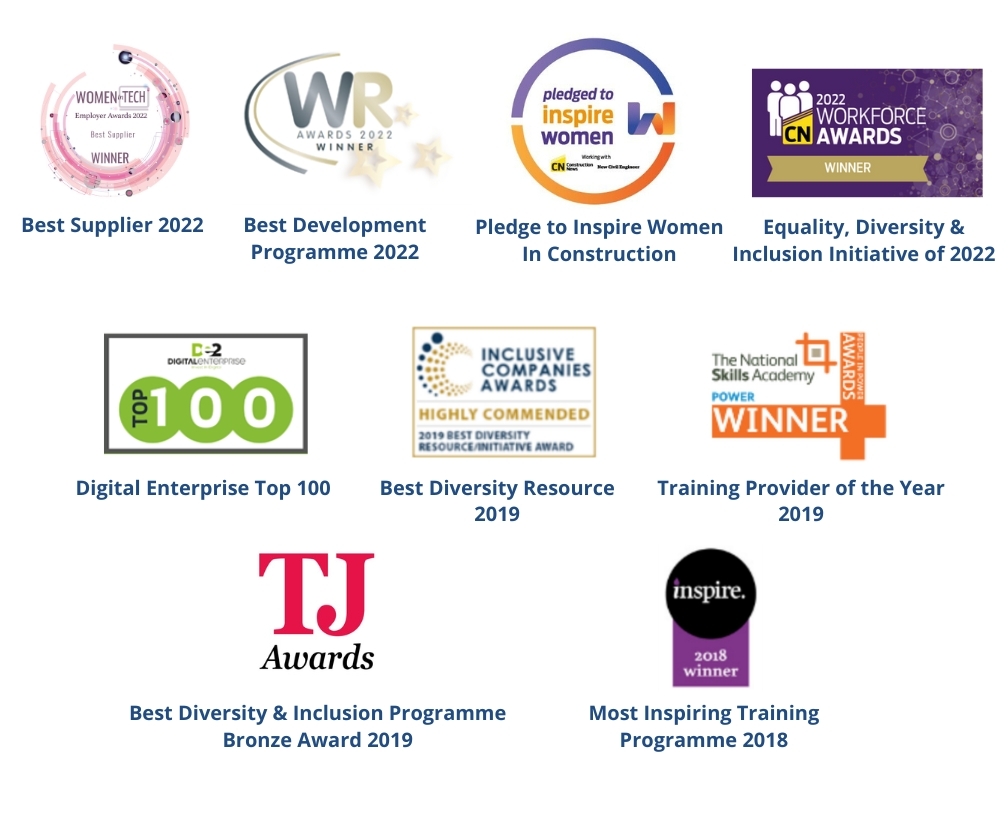In today’s diverse workforce, workplace stereotypes can be detrimental to employee morale, hinder professional growth, and perpetuate discrimination. To better understand this, we will shed light on various stereotypes across protected characteristics; explore common examples of workplace stereotypes, their impact, and effective strategies to create a more inclusive and supportive work environment in the UK.
Workplace stereotypes are preconceived notions about individuals based on their protected characteristics such as disability, gender, age, ethnicity, and cultural background. These stereotypes can lead to unfair assumptions, biases, and discriminatory behaviours that negatively affect the targeted individuals’ career opportunities and overall well-being.
Stereotyping in the workplace refers to the process of categorising employees based on generalisations about their protected characteristics. For instance, assuming that a person with a disability may be less capable of performing certain tasks or that women are less assertive than men. These assumptions are not only unfair but can create a toxic work environment and impede diversity and inclusion efforts.
1. Disability stereotypes in the workplace: Believing that employees with disabilities are less productive or require constant assistance, limiting their career growth.
2. Gender stereotypes in the workplace: Assuming that women are better suited for certain roles or that men are more suitable for leadership positions, hindering gender equality.
3. Age stereotypes in the workplace: Assuming that older employees are resistant to change, or that younger employees lack experience, leading to age-based discrimination.
4. Cultural stereotypes in the workplace: Stereotyping individuals based on their cultural background, can lead to exclusion and misunderstandings.
5. Ethnic stereotypes in the workplace: Making assumptions about an employee’s skills or work ethic based on their ethnic background, perpetuating bias and discrimination.
Education and Awareness: Implement training programmes that educate employees about the negative impacts of stereotypes and promote cultural sensitivity and diversity appreciation.
Encourage Open Dialogue: Foster an environment where employees can openly discuss their experiences with stereotypes and discrimination without fear of reprisal.
Review Recruitment Practices: Ensure that hiring processes are unbiased and focus on the candidates’ skills and qualifications, not their protected characteristics.
Establish Clear Policies: Develop and enforce clear policies against discrimination and stereotyping in the workplace.
Lead by Example: Encourage senior management to lead by example and promote diversity and inclusion at all levels of the organisation.
To proactively address workplace stereotypes, organisations should provide diversity and inclusion training that covers unconscious bias, cultural competence, and fostering an inclusive workplace. Training can help employees recognise their biases, understand the importance of diversity, and cultivate a respectful and equitable work environment. That is where Skills 4 can support you and help build a work environment in which people from all backgrounds can thrive.
When encountering stereotypes in the workplace, it is crucial to address the behaviour promptly and effectively. This can be achieved by:
1. Direct Communication: Speak up when witnessing stereotypes and express that such behaviour is unacceptable.
2. Reporting Mechanisms: Encourage employees to report incidents of discrimination or stereotyping to HR or relevant authorities.
3. Investigate and Act: Employers should investigate reported incidents thoroughly and take appropriate actions to rectify the situation and prevent recurrence.
Addressing workplace stereotypes is essential for creating an inclusive and diverse work environment that fosters productivity, innovation, and employee well-being. By challenging assumptions and biases, promoting education, and implementing clear policies, UK organisations can pave the way for a more equitable and empowering workplace where individuals are valued for their skills and contributions rather than judged based on stereotypes.
If you want to create a forward-thinking work environment in which workplace stereotypes are not an issue, we recommend you sign up for the Skills 4 Unconscious Bias training workshop. In this half-day workshop, we help you gain a deeper understanding of stereotypes and will teach you to develop ideas and techniques to counter bias.
